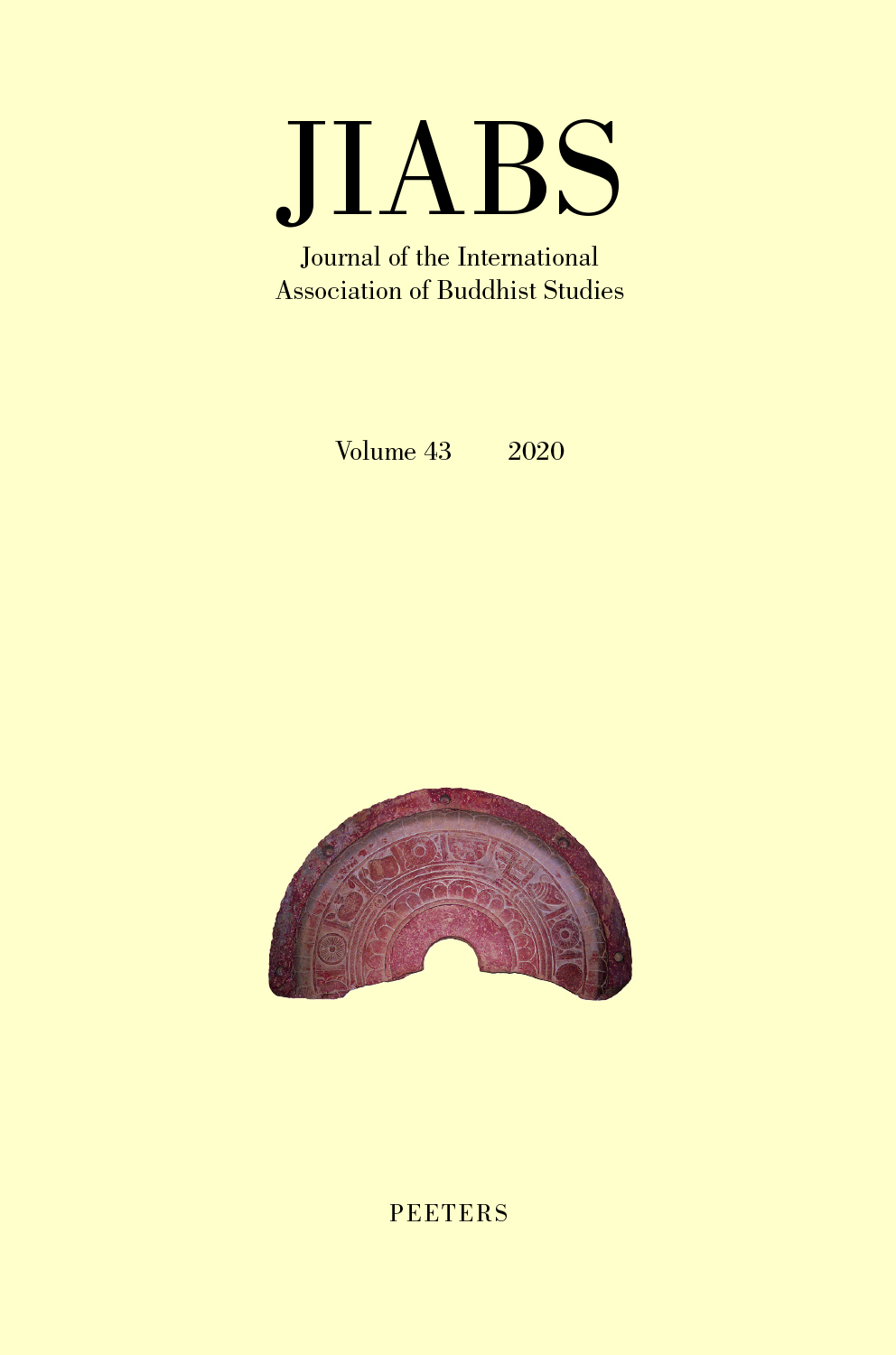 previous article in this issue previous article in this issue | next article in this issue  |

Preview first page |
Document Details : Title: Phya pa Chos kyi seng ge on Argumentation by Consequence (thal 'gyur) (2) Subtitle: The Analysis of the Correspondence between a Consequence and its Reverse Form and the Thirteenfold Typology of Consequences Author(s): HUGON, Pascale Journal: Journal of the International Association of Buddhist Studies Volume: 39 Date: 2016 Pages: 51-113 DOI: 10.2143/JIABS.39.0.3200523 Abstract : This paper is part of a series of articles on the theory of argumentation proposed by the Tibetan thinker Phya pa Chos kyi seng ge (1109-1169), and in particular on his views on argumentation 'by consequence' (Tib. thal 'gyur/thal ba). I examine in detail the sections of Phya pa’s epistemological summary and of his commentary on Dharmakīrti’s Pramāṇaviniścaya that deal with the identification and definition of various kinds of consequences: fallacious consequences, genuine consequences and, among the latter, proving consequences and refuting consequences. I highlight the existence of two distinct frameworks in Phya pa’s discussion. In the first, Phya pa exclusively deals with consequences that fulfill a probative function. In the second, more extended framework, he establishes a thirteenfold typology of consequences that also includes consequences that fail to prove the proponent’s thesis but still succeed in refuting the opponent. I examine Phya pa’s criteria for proving consequences, and discuss the specific cases of consequences with a true conclusion and consequences with a true premise. I argue that the juxtaposition of the two frameworks reflects a gradual process of composition in which an earlier model was integrated and updated. |
 |


